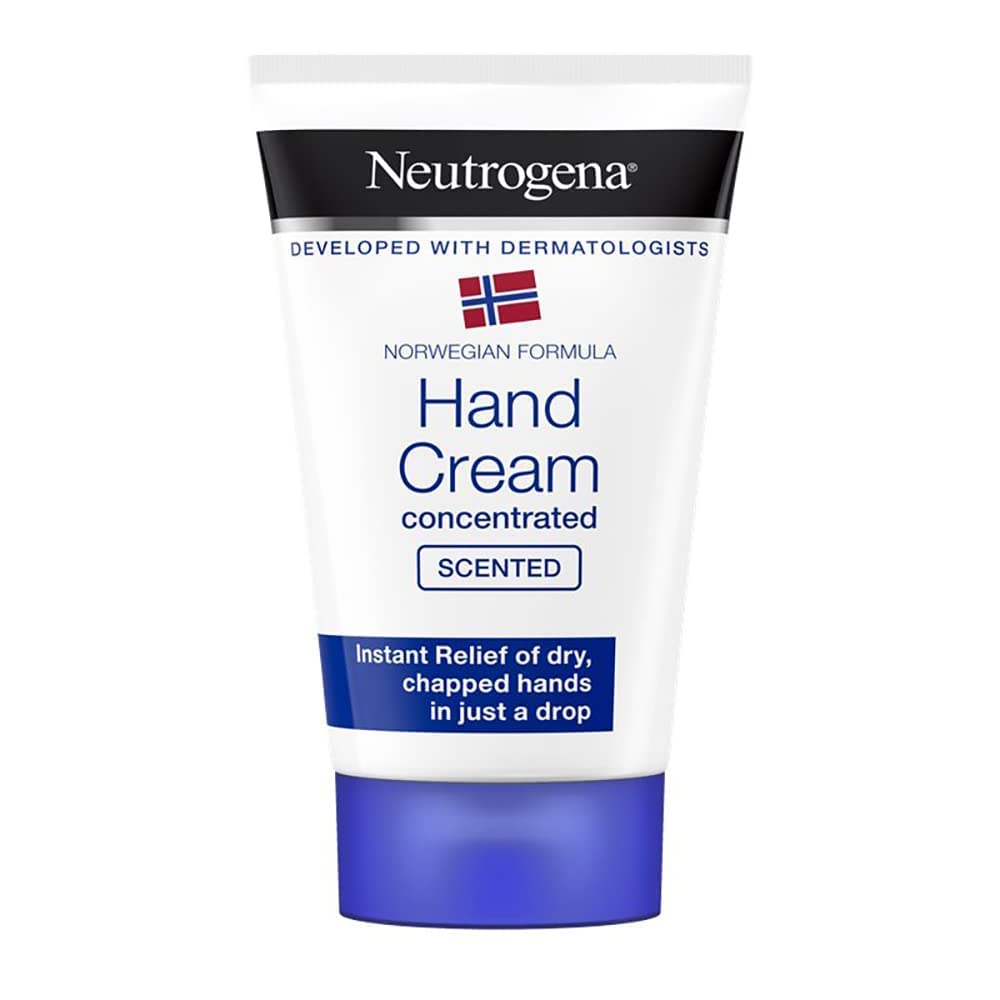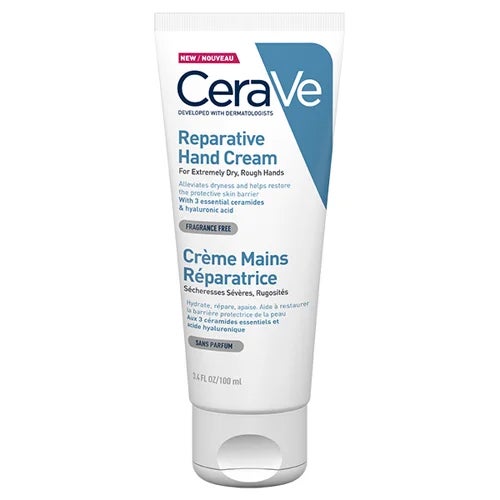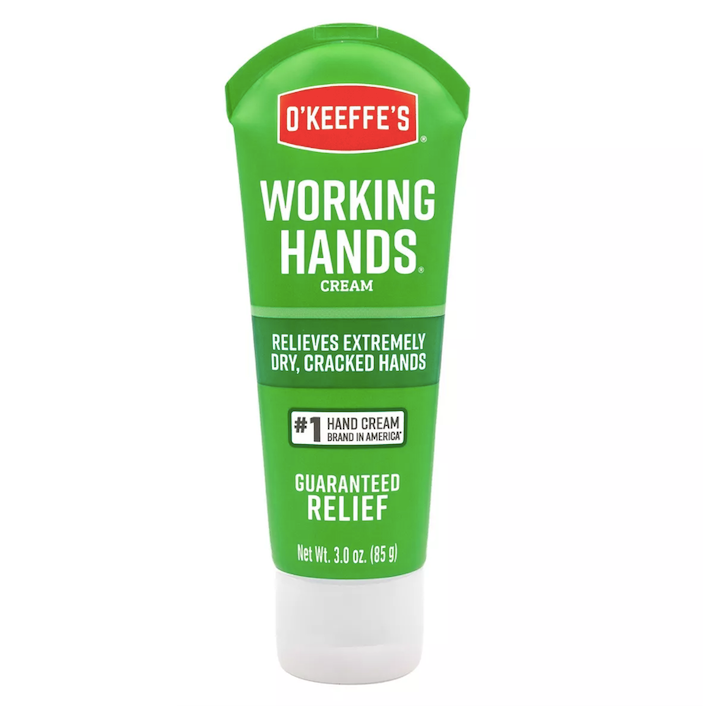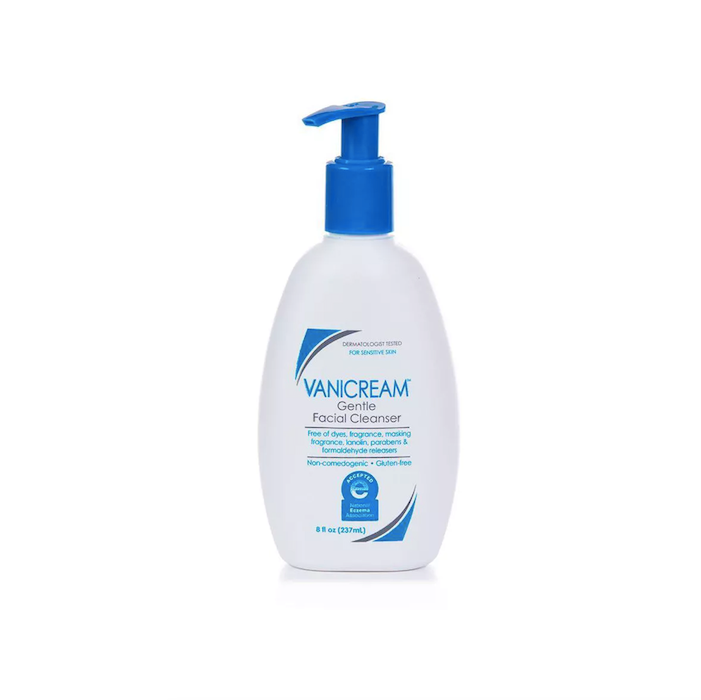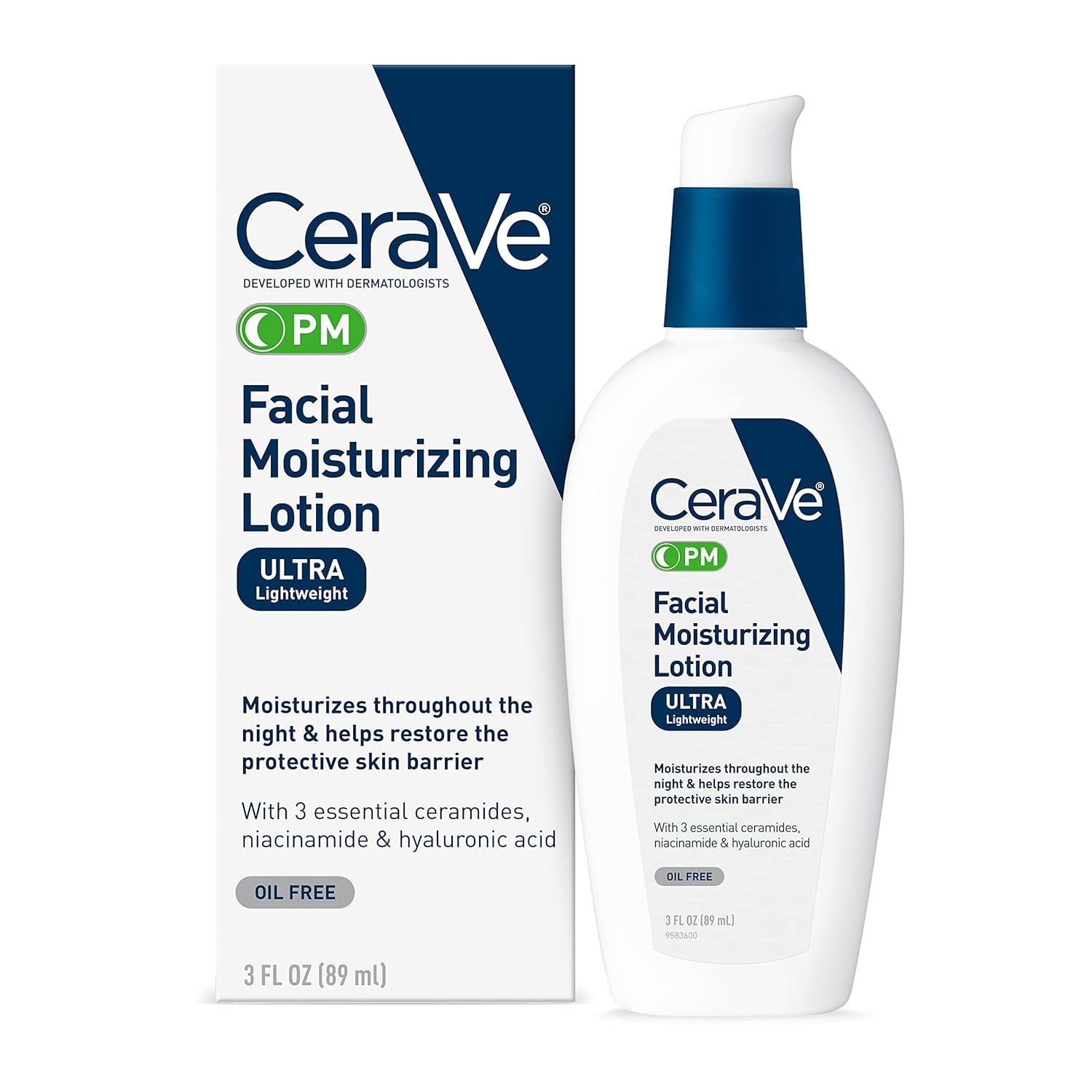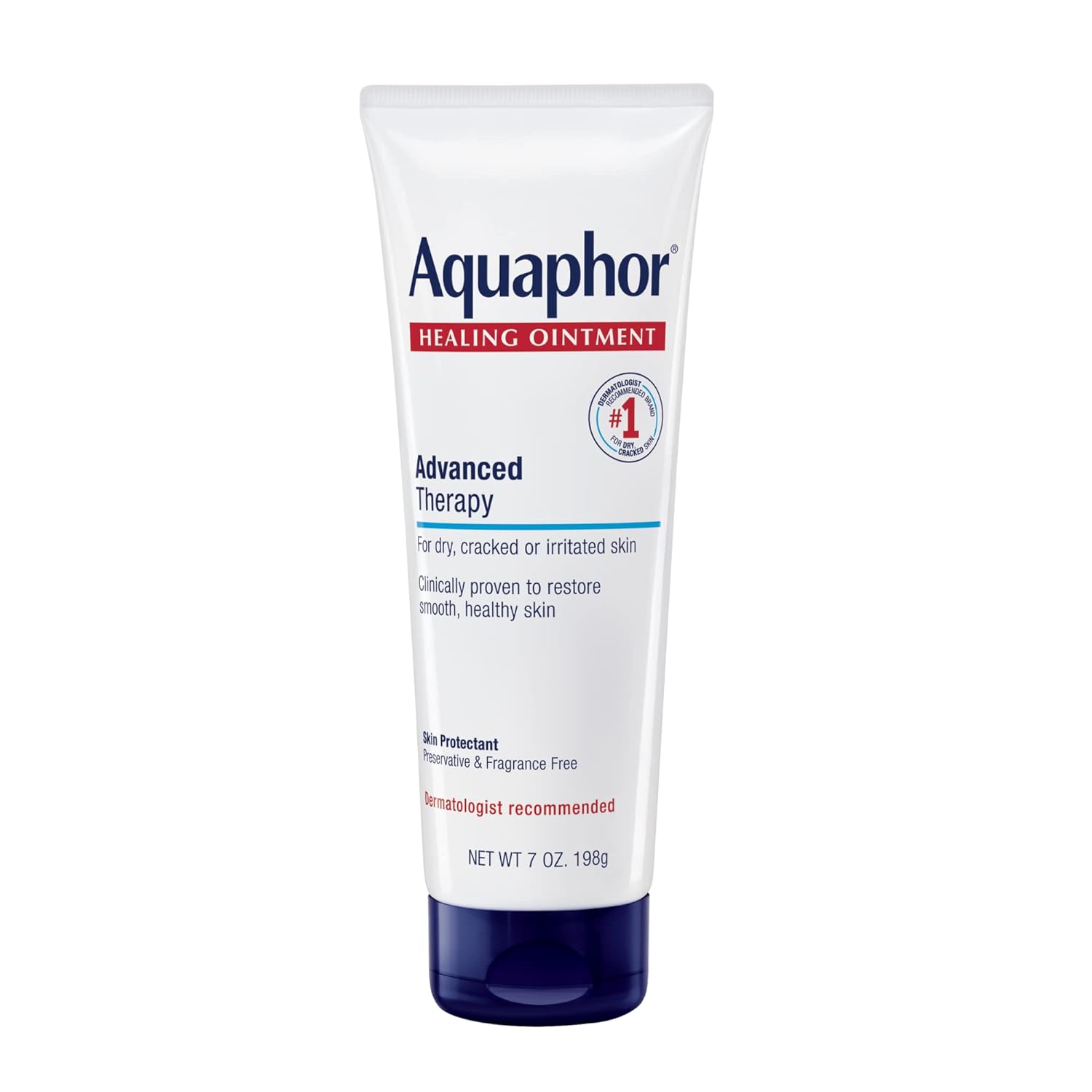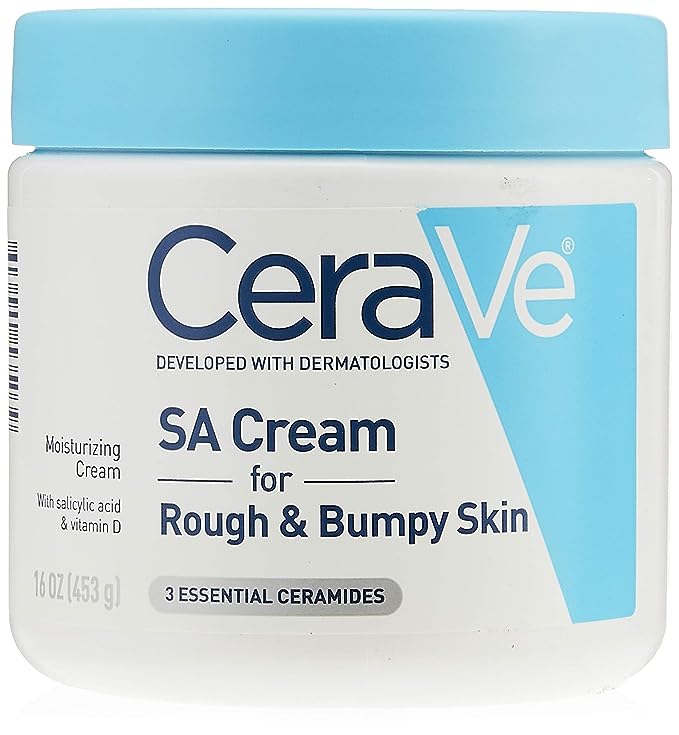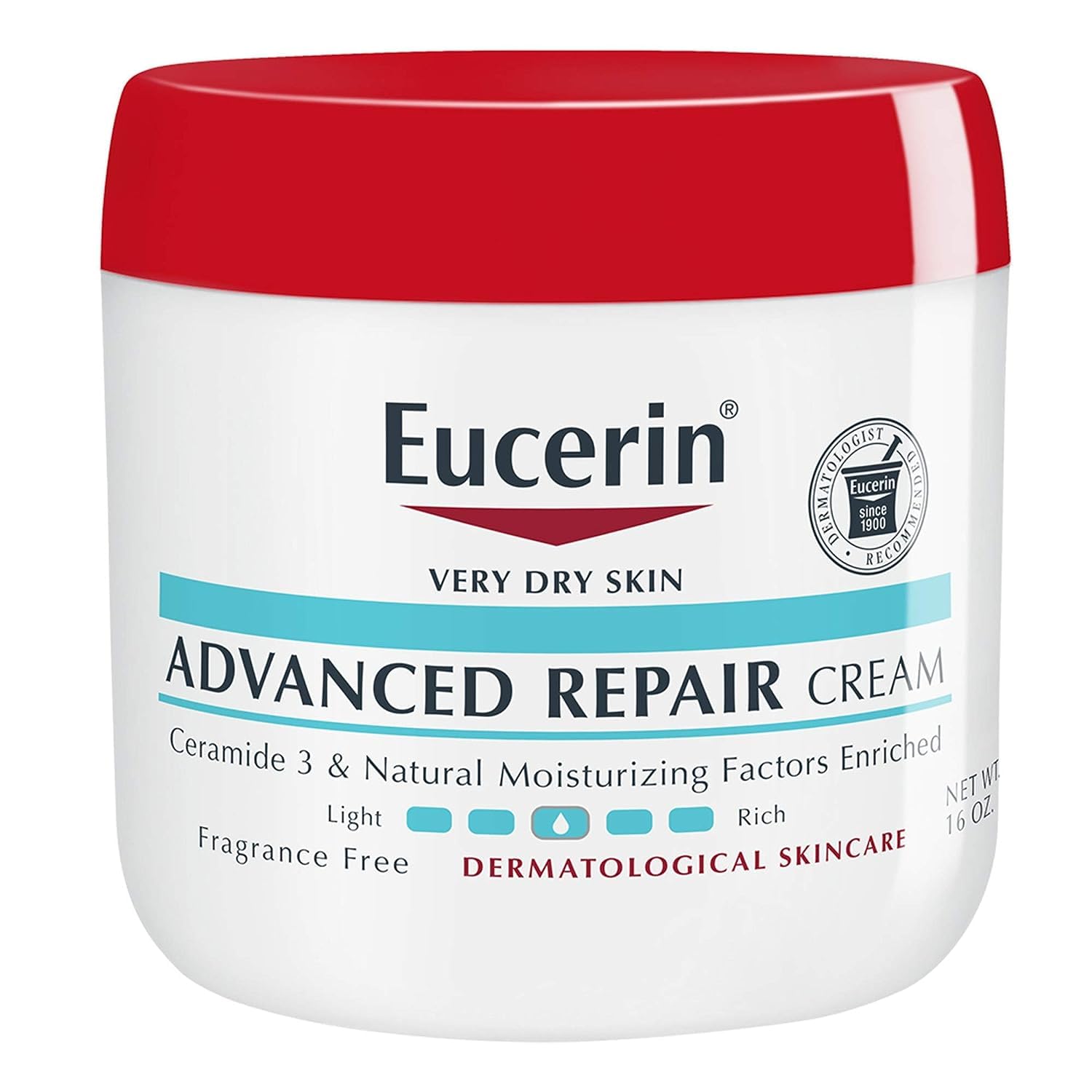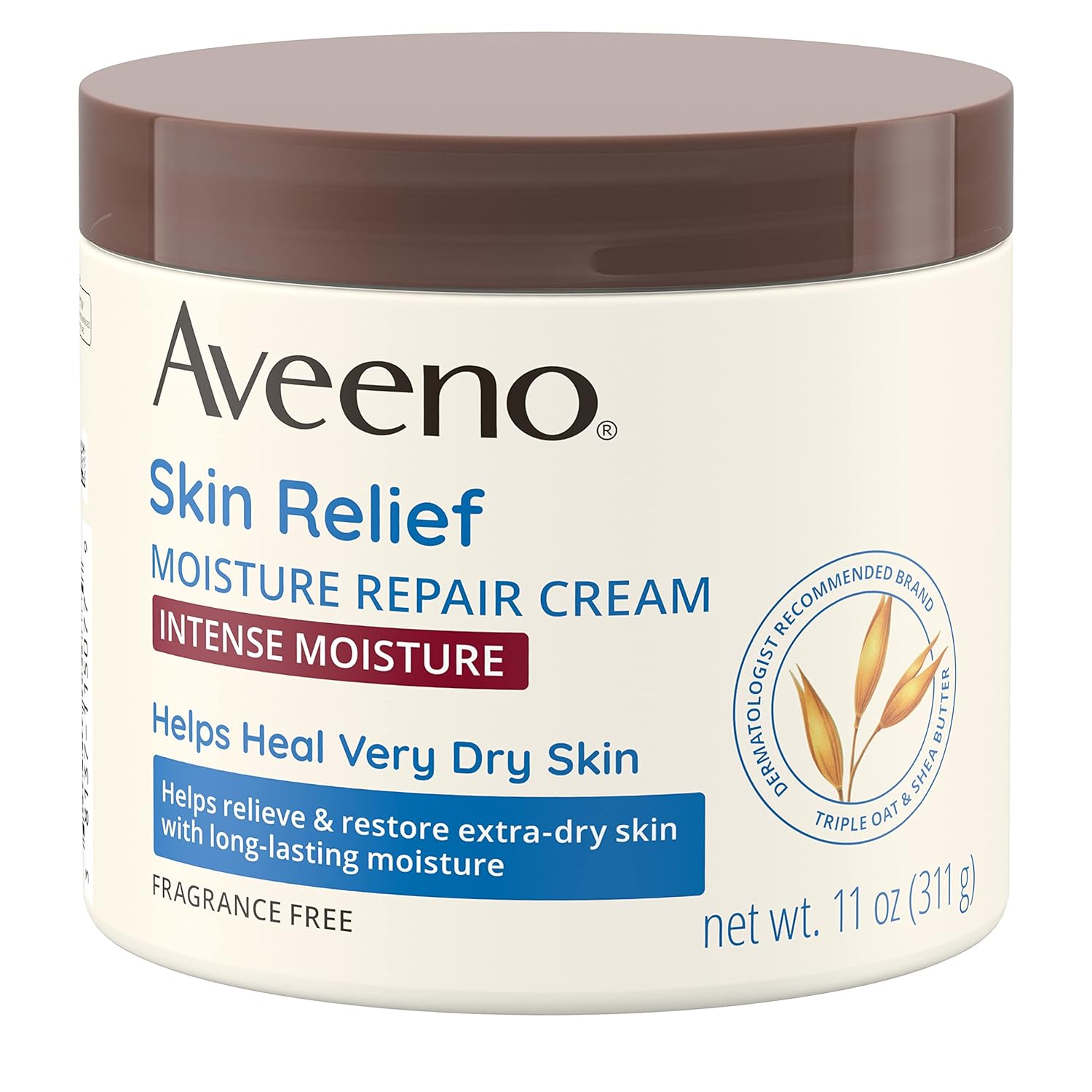At Refinery29 Australia, we’re here to help you navigate this overwhelming world of stuff. All of our picks are independently selected and curated by the editorial team, but we may earn commission or other compensation from the links on this page.
I recently read an upsetting study in The Wall Street Journal that tested MBA students at Wharton, the prestigious business school at the University of Pennsylvania against ChatGPT to see which group could generate the most innovative ideas. In human versus AI, ChatGPT outperformed students in terms of both quality and quantity of ideas.
I wanted to disprove this conclusion because as a journalist who publishes content on the internet, this technology could hypothetically put my job at risk. Instead, I started playing with ChatGPT to see how it could be put to use in my area of expertise: beauty. There's a lot of skincare advice on the internet, so I wondered, could ChatGPT solve some of our pressing skincare questions? What if we made them specific and personal: could its advice and suggestions be helpful? Our beauty team put the technology to the test.
AdvertisementADVERTISEMENT
Asking ChatGPT for skincare recommendations
Help me find: blue-light protective skincare
During a recent facial, I was talking with an aesthetician about the history of skin damage and how people used to damage their skin without fully realising the long-term effects. For example, in the '90s, people baked out in the sun covered in oil to get tan, and now we know that unprotected sun exposure is super dangerous (putting you at risk for melanoma) and causes premature skin ageing. I wondered, out loud, what are we doing today that we'll find out in ten or twenty years was actually damaging our skin? Her response: I think we'll learn more about the damage caused by blue light.
There's ongoing dermatological research on blue light, but the thought made me consider preemptively folding blue-light protection in my skincare routine. Even if it turns out to be BS and my daily broad-spectrum sunscreen provides enough protection, better safe than sorry. I spend too much time in front of a screen!
This, I thought, would be a great task to give ChatGPT. I opened the chat box and typed: "I’m looking for a daily moisturiser or sunscreen with designated blue-light protection. My skin type is normal to dry. I’m looking for one to three recommendations, preferably from small, independently owned brands."
I added the last sentence as a test. I predicted that the AI would give me the common sunscreen names in UVA/UVB protection, like EltaMD. However, when shopping, I am looking to support smaller brands, and I wanted the AI to pull recommendations I might not expect.
AdvertisementADVERTISEMENT
A few seconds later, I got this AI-generated response:
As I predicted, ChatGPT gave me pretty basic sunscreen recommendations, though it did pull smaller brands, as requested, including Kinship Self Reflect Probiotic Moisturising Sunscreen SPF 32. A few years ago, it won an R29 Beauty Innovator Award for its protection and glow-giving formula that made our editors' skin look extra dewy. I appreciate that ChatGPT explained that the "butterfly bush extract" in the formula claims to "protect against blue light and digital pollution," which I didn't know.
I've heard a lot about the Krave Beauty The Beet Shield, though I have yet to try it. Robot says "It offers protection against both UV and blue light," although I'd like a little more information on the mechanism of protection for the latter. I suppose I could have asked a follow-up question in the chat. But I was distracted by the fact that the third recommendation on this list, Biossance Squalane + Zinc Sheer Mineral Sunscreen SPF 30, has been discontinued. This shines a light on one of the major drawbacks to using ChatGPT for up-to-date information: Its knowledge is current to September 2021.
Still, I wanted more data. So I asked my co-workers if they had any skincare dilemmas to bring to Open AI.
Help me find: a hand cream for fine lines
Sara Tan, Refinery29's Beauty Director, said she's looking for a really good hand lotion ahead of the dry season. So, I gave ChatGPT her precise ask: "I’m looking for a nourishing hand cream or lotion that has skincare benefits and will help get rid of fine lines and wrinkles while keeping my skin nice and soft."
AdvertisementADVERTISEMENT
Here's what the chatbot recommended:
What's different here is because we weren't super explicit in the search, the response feels more educational than specific to recommendations. So, we get some information about the ingredients to look for in a hand cream. Although for Tan, this information contradicts most dermatologists' advice. "It's interesting that it's recommending a retinol and an SPF," she notes. Even in body care, retinol is really an ingredient that should only be used at night, because retinoids can break down when exposed to UV rays, whereas SPF, in face and body care, should be used every day. Advising to pair the two together — adding hyaluronic acid, vitamin E, collagen, natural oils, aloe vera, and ceramides — is not super helpful.
But the recommendations are classics: Neutrogena Hand Cream, specifically and importantly the Norwegian Formula and CeraVe Hand Cream. Then O'Keeffe's Working Hands Hand Cream, never heard of her.
Help me find: a nighttime skincare routine safe for use with tretinoin
Jacqueline Kilikita, R29 Deputy Beauty Director, had a more specific ask: "I’m looking for a nighttime moisturiser that I can wear alongside tretinoin (which I’m using for acne)," Kilikita explains. "It has to be light enough that it won’t break me out, but substantial enough to counteract the tretinoin nasties e.g. dryness and irritation. I’m also looking for a brilliant cream cleanser and lip balm for the same reasons, as the ingredient makes my lips so dry. My skin is combination, erring on oily."
AdvertisementADVERTISEMENT
ChatGPT processed recommendations, three in each category (nighttime moisturizer, cream cleanser, and lip balm):
I brought the results back to Kilikita and she was pleasantly aligned with the AI's offerings. "I'm pretty certain various dermatologists have recommended these products to me when using tretinoin, especially CeraVe, La Roche-Posay and Aquaphor," she says. "It's interesting (and so great!) that they're all very affordable options. I would use all of these myself!" Seems like a win.
Help me find: a body lotion for melanated skin
R29 Senior Beauty Writer Amanda Mitchell asks the chatbot for a specific body lotion recommendation. "I’m looking for an unscented body cream or body lotion that treats dark spots and scars," she says. "Ideally it's under $30, safe for melanated skin tones as well as for use during daytime and nighttime, and won’t make me photosensitive, all while nourishing my skin and keeping it moisturised, too."
Here's what ChatGPT wrote back:
Mitchell says the recommendations seemed on track. "I already use the Eucerin one in the wintertime, actually,'" she says, speaking to the second lotion recommendation. She also notes that the affordable mentions are great, but she wished they pulled non-drugstore options as well: "I wonder what they would have recommended if I said I wanted a high-end one," she questions. Single search is just an initial step with a technology like ChatGPT. Having toyed around with it, you can get more information and specificity when you engage in more back-and-forth conversations with the bot. Obviously, it gets to know ya.
AdvertisementADVERTISEMENT
Did it work?
The pros of ChatGPT
In response to our rather specific skincare queries, ChatGPT aggregated some pretty basic advice on the topic at hand (literally, in the case of hand cream). The answers were generated immediately, which is a plus. After this test, I see ChatGPT as a resource somewhere between Google and Reddit: If you have a specific ask and don't want to scroll through a ton of articles, and you also don't want to phone a friend or post on a forum, I'd try checking with ChatGPT. You may find a helpful suggestion or data point.
The cons of ChatGPT
In our experience — which is beginner-level tinkering — ChatGPT is not a super helpful or reliable resource for beauty advice. Of course, we have to note, Open AI pulled these responses from the hundreds of thousands of skincare articles on the internet, many of which we publish. But as beauty editors we have the unique benefit of knowing which advice is legit (simple CeraVe moisturiser is a safe bet if you're on tretinoin) and which advice requires a bit of scepticism (the recommendation of retinol in a hand cream). If you're not in this space, you're at the risk of being misled.
Kilikita also makes a specific point that ChatGPT feels a little gimmicky. "Something about it feels a little lazy, like it's pulling quotes from features written by journalists who have done their research and interviewed experts," she explains. Again, we're biased here. As with any technology, it lacks the human element of connection and trust. Something like this should never take the place of an actual consultation with a trained medical professional.
AdvertisementADVERTISEMENT
Possibly the biggest issue of them all is the robotic language. Mitchell sums it up best, saying: "I’m not surprised the writing is so poor and repetitive; every sentence starts nearly the same." While the recommendations may have been helpful data points, something was missing. "I don’t think it really hit on exactly what I was looking for," Mitchell adds.
The overall takeaway: Continue seeking experts, not robots, for your skincare advice.
Want more? Get Refinery29 Australia’s best stories delivered to your inbox each week. Sign up here!
AdvertisementADVERTISEMENT







